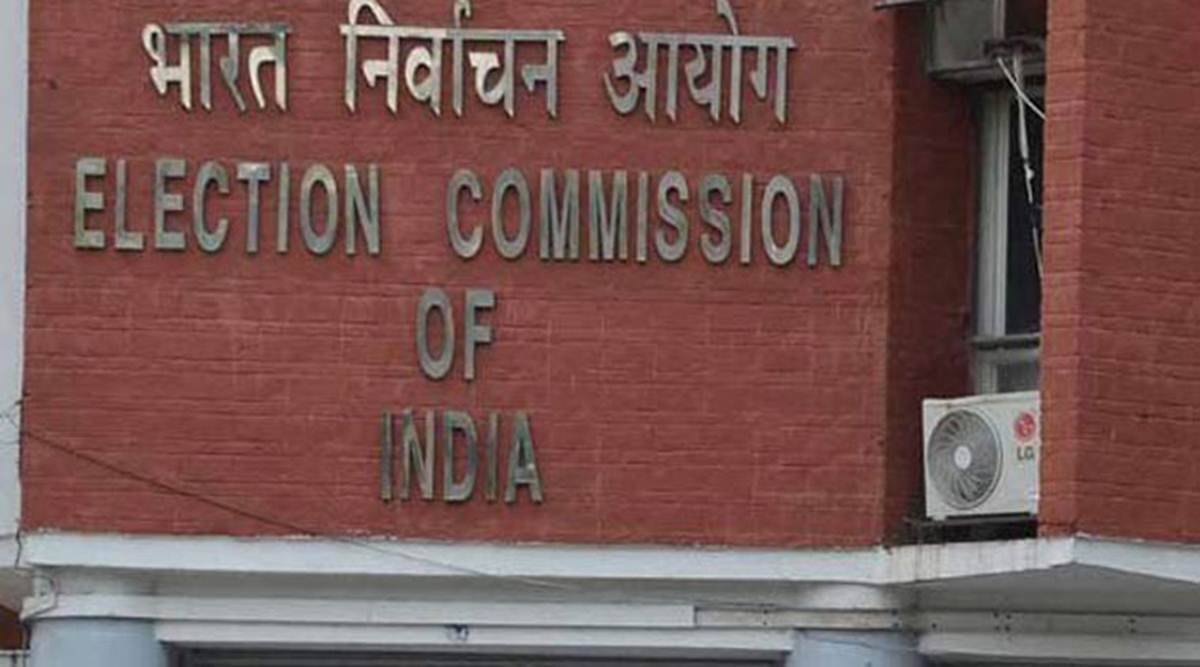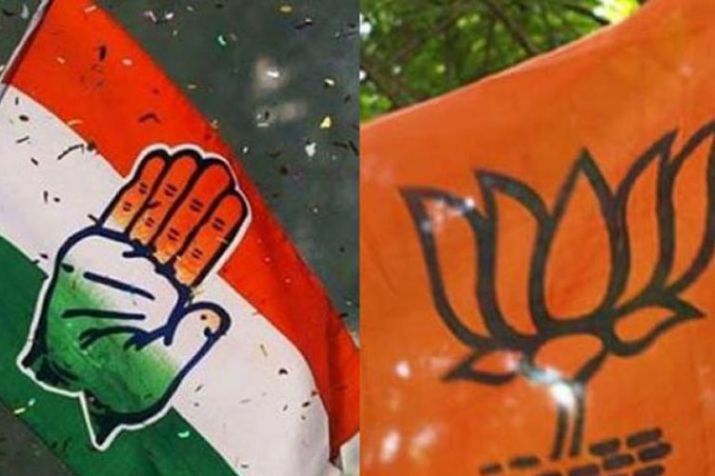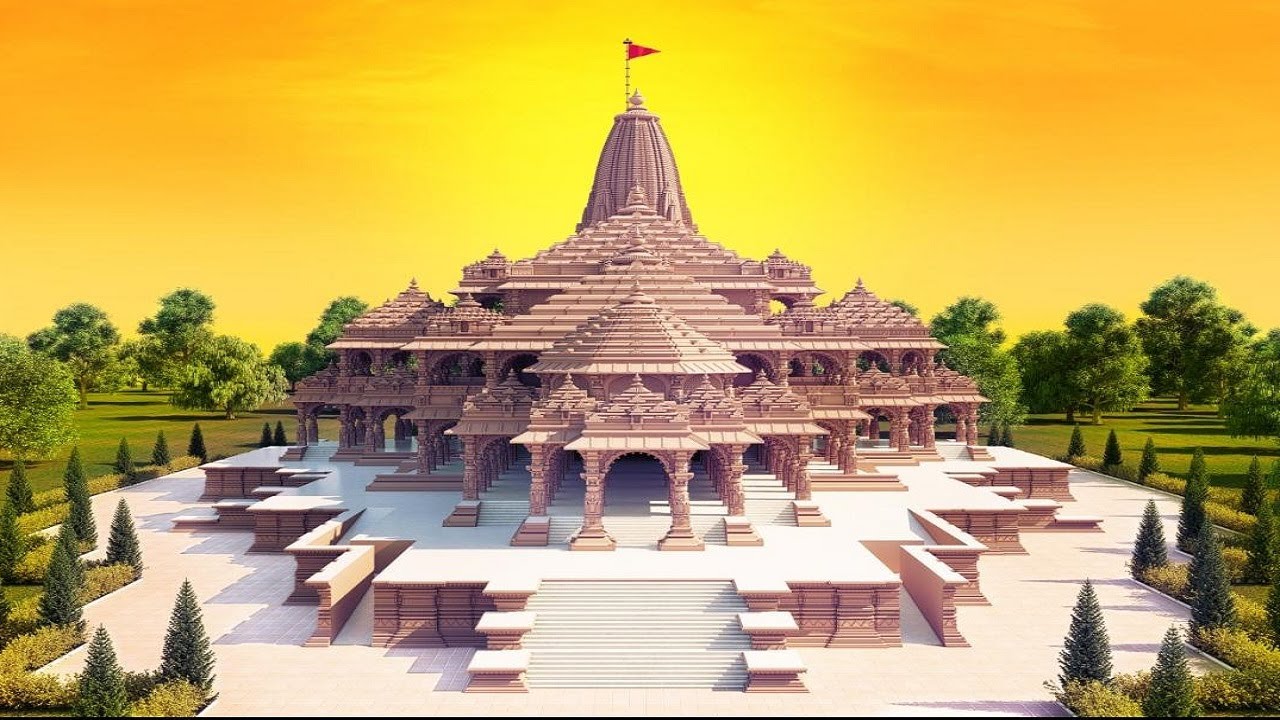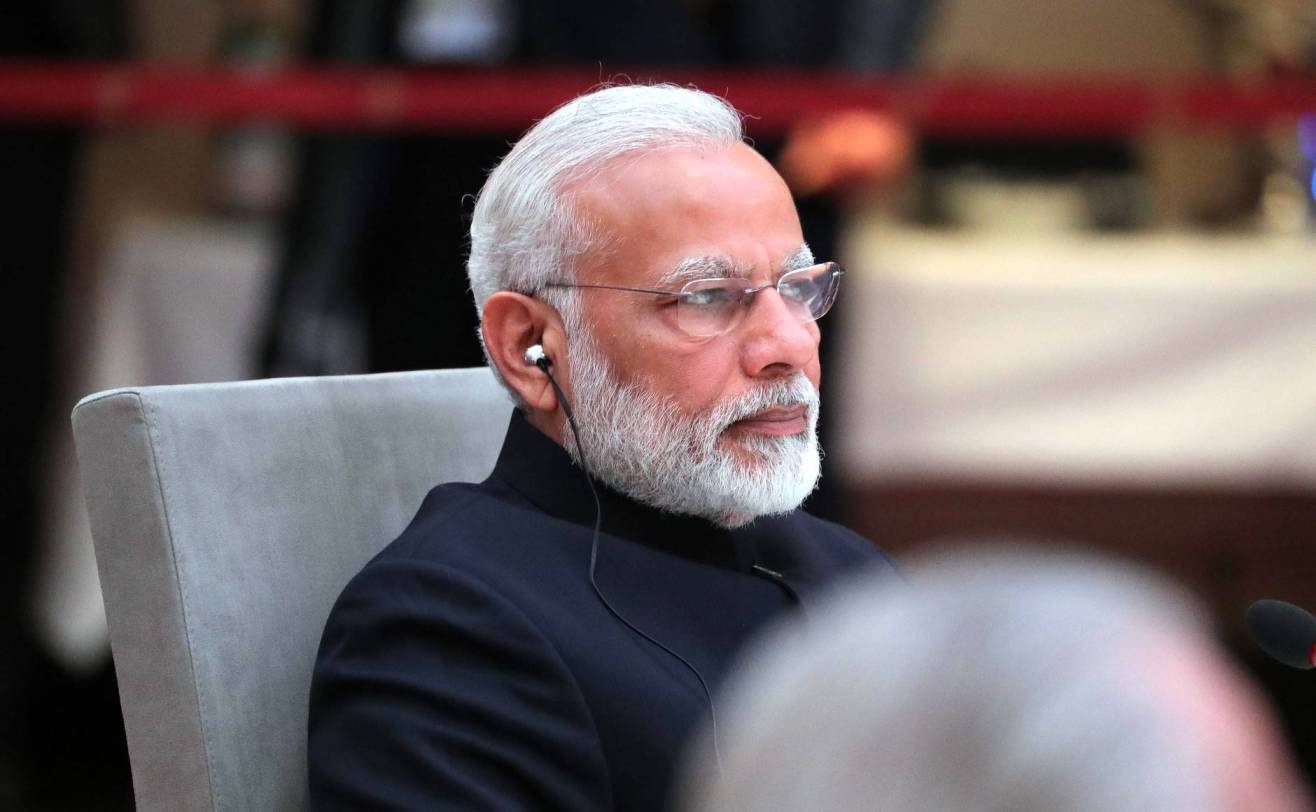As the year turns, India finds itself standing at a political and economic crossroads, facing challenges that demand both astute domestic governance and deft diplomacy on the global stage. With the upcoming Union Budget Session, the Modi government—now a minority in Parliament following the fallout with Nitish Kumar’s Janata Dal (United)—faces a litmus test of leadership amid a tumultuous international environment.
Political Fragility at Home
The BJP-JDU alliance was once heralded as a cornerstone of stability in Bihar and a model for coalition politics. Yet, reports of a strained relationship between Prime Minister Narendra Modi and Nitish Kumar have escalated to the point where their alliance now appears untenable. The fallout has not only weakened the BJP's majority in Parliament but also sent ripples across the Opposition, emboldening them to rally for a united front. Nitish Kumar’s unpredictable politics—marked by his frequent shifts between allies—adds complexity to the situation. While his rhetoric increasingly aligns with Opposition parties, his calculated moves suggest an eye on national ambitions. This development comes at a time when Modi's government needs to build consensus on key legislative measures, particularly with the Union Budget session looming.
Economic Challenges and the Budget’s Stakes
India’s economic health is under pressure from multiple fronts: slowing growth, rising inflation, and burgeoning fiscal deficits. The global economic slowdown, compounded by the Middle East turmoil and its impact on oil prices, adds to the uncertainty. For a government that prides itself on economic reforms, the upcoming Budget is a critical opportunity to regain public confidence. The Budget must strike a delicate balance—addressing inflationary concerns while ensuring adequate capital for infrastructure and welfare schemes. Additionally, the government’s push for industrial self-reliance under "Atmanirbhar Bharat" requires significant investment in technology and manufacturing. However, the diminishing parliamentary majority raises questions about the Modi government's ability to push through transformative measures without opposition roadblocks.
Middle East Turmoil: A Global Powder Keg
The geopolitical landscape is no less precarious. The Middle East, already a cauldron of conflict, teeters on the edge of a new crisis as tensions between Israel and Iran escalate. The Syrian crisis has reached a boiling point, with multiple actors—Russia, Iran, and Israel—vying for influence in a deeply fractured region. A full-blown confrontation between Israel and Iran could destabilize not just the Middle East but also global oil markets, with direct repercussions for energy-dependent nations like India. New Delhi’s challenge lies in navigating these waters without alienating its key partners. India's strategic ties with Israel and its historical friendship with Iran demand a diplomatic balancing act. The situation also underscores the urgency for India to diversify its energy portfolio, including a faster transition to renewable energy.
Shifting Sands in Global Diplomacy: The Trump Factor
The imminent inauguration of Donald Trump as U.S. President on January 20, 2025, adds another layer of unpredictability to global affairs. Trump’s previous presidency was marked by a transactional approach to diplomacy, skepticism toward multilateral institutions, and a confrontational stance on trade. Early indications suggest that his second term may witness a continuation of these policies, potentially reshaping U.S. relations with China, the European Union, and the Middle East. For India, Trump’s return could present both challenges and opportunities. On one hand, his tough stance on China might align with India's strategic concerns in the Indo-Pacific. On the other hand, his protectionist policies could strain U.S.-India trade relations. To safeguard its interests, India must proactively engage with the new administration, emphasizing areas of mutual benefit like defense cooperation, technology partnerships, and climate resilience.
A Test of Leadership
The confluence of these domestic and international challenges presents a defining moment for the Modi government. At home, the Prime Minister must navigate a divided Parliament and restore public faith in the government’s economic stewardship. Abroad, India’s role as a stabilizing force in a fractious world order will hinge on its ability to assert its voice on global platforms like the G20 and the United Nations.India’s resilience in these uncertain times will require more than just policy adjustments—it will demand statesmanship. From addressing the aspirations of a young and impatient population to ensuring India remains a key player in an increasingly multipolar world, the road ahead is fraught with difficulties but also rich with opportunities.As the nation braces for the coming weeks, one thing is clear: the choices made now will shape not just the next five years but the trajectory of India’s future on the global stage.








 OpinionExpress.In
OpinionExpress.In















Comments (2)
Very insightful...
Very insightful... Must say...